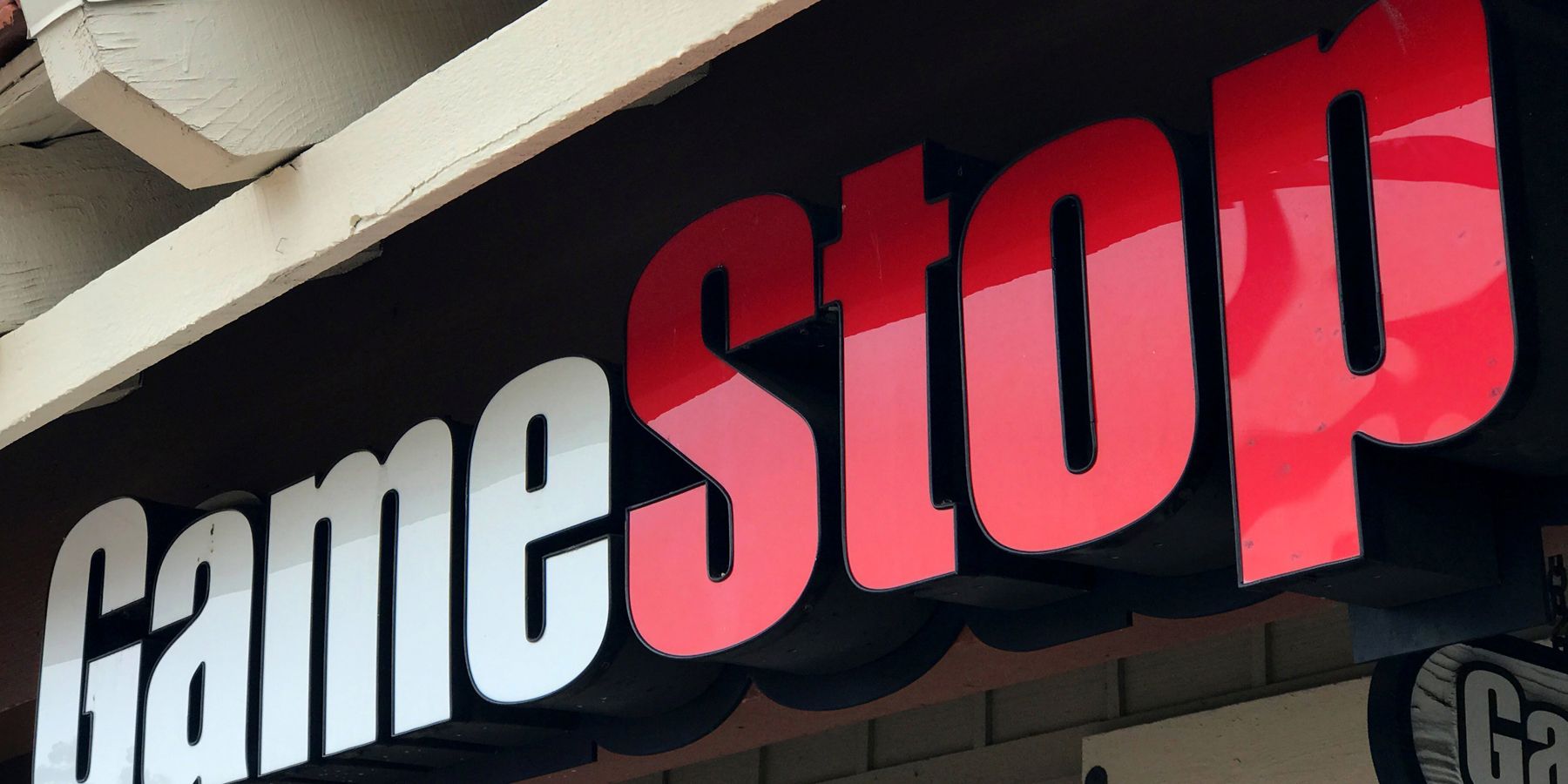GameStop has been in increasingly dire straits over the last several years. The once-dominant company has struggled in the face of the game industry’s increasingly online distribution model. Even GameStop’s massive spikes in stock value last year were largely artificial, primarily driven by a coordinated campaign organized on Reddit.
Unfortunately for the troubled company, GameStop’s problems aren’t over. A former employee recently filed suit against the gaming retailer, alleging that it violated New York labor laws. The class-action lawsuit argues that GameStop employees are entitled to weekly pay under New York statutes.
On Wednesday, former retail worker Trevon Mack filed the class-action lawsuit in New York’s eastern district court. Mack worked for GameStop from 2016 to 2020, and he argues that GameStop retail workers qualify as “manual workers” under Section 191 of New York Labor Law. This means they are legally entitled to be paid every week instead of every two weeks, like GameStop and many other retailers do. The class-action suit could potentially include hundreds or thousands of workers if it goes forward.
New York state law describes a “manual worker” as “a mechanic, workingman or laborer.” Lawyers and lawmakers have historically interpreted these labels as applying to workers that spend more than 25% of their workday engaged in “physical labor.” The courts also generally employ the term “physical labor” in a very broad sense, meaning it applies to a vast range of activities that workers engage in every day. Large companies can apply for an exemption, but that requires direct approval from a state agency.
The notion of retail work qualifying as manual labor might sound strange to some. However, it makes more sense when considering the amount of lifting, carrying, and other physical tasks retail companies expect their employees to perform. The lawsuit suit argues that tasks such as organizing stockrooms, moving packages, and standing for a long shift all qualify as manual labor. Workers from companies like Apple, Party City, Wal-Mart, Cheesecake Factory, and others recently filed similar lawsuits against those companies. Courts dismissed some of these cases, but most are still pending.
Questions about labor rights in America have seen increased focus recently. An Amazon warehouse on Staten Island became the first to unionize earlier this year. Some in the game industry are also pushing to unionize, with companies like Blizzard and Nintendo of America allegedly pushing back. GameStop itself came under fire last year over low wages and long hours. Thus, one could argue this latest move is part of a significant reevaluation of the relationship between companies and workers in the United States.
Source: Polygon


